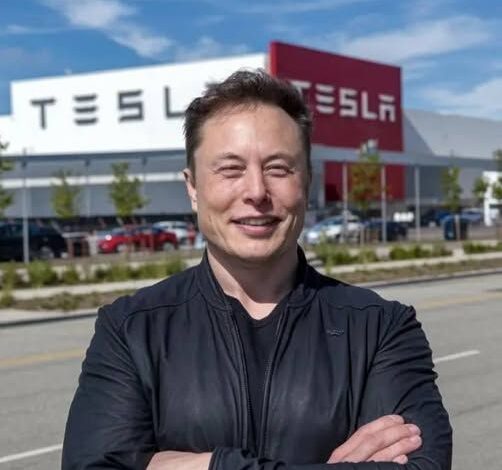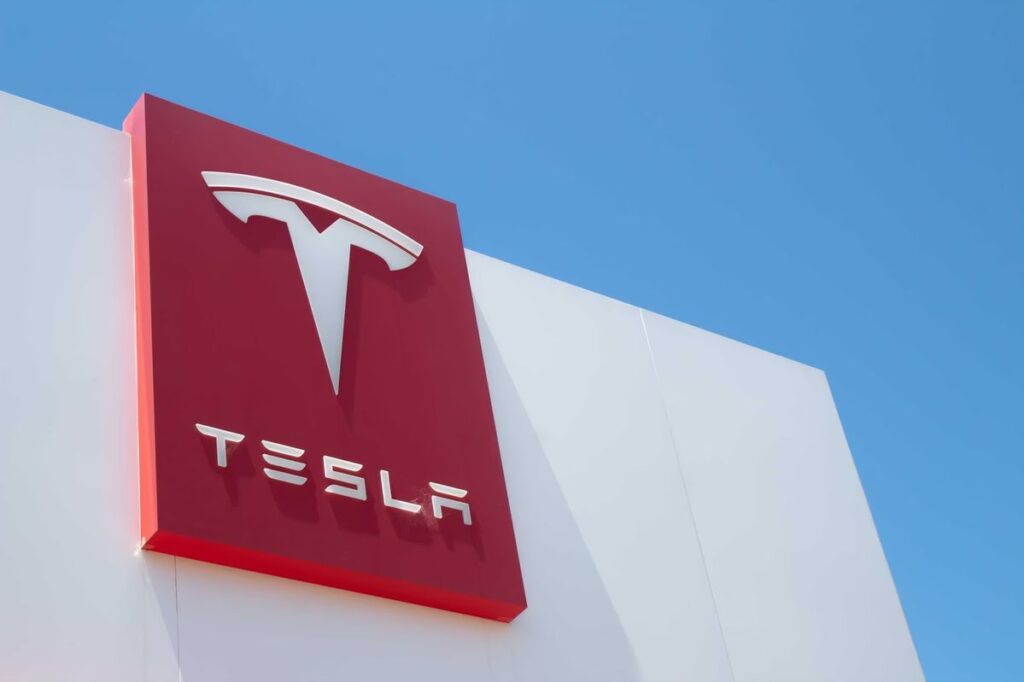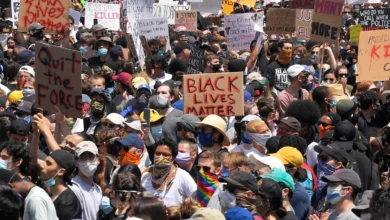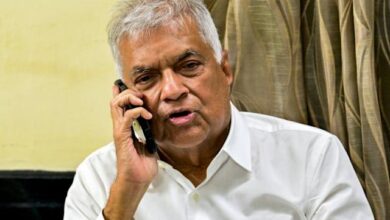The $29 Billion Transfer Tesla Took to Preserve Elon Musk in Management

Tesla’s latest boardroom decision is making headlines and not for its innovation pipeline or product unveiling. The electric vehicle (EV) giant has greenlit a $29 billion share award for CEO Elon Musk, triggering a wave of investor intrigue, corporate governance debates, and market speculation. It is not just about money. It is a strategic bet designed to lock in leadership as Tesla navigates competitive pressure and an AI-driven future.

The Deal Breakdown: $29 Billion for Continuity
Tesla has granted Musk 96 million shares, valued at approximately $29 billion. The compensation package is structured to vest over two years. The move is being framed as an “interim 2025 award.”
The backdrop? A voided $56 billion compensation package from 2018, which a Delaware court deemed excessive. That ruling fueled uncertainty around Musk’s continued leadership and raised questions about Tesla’s long-term governance architecture.
In contrast, the new deal is intended to increase Musk’s influence. His stake is expected to rise closer to the 25% threshold he publicly demanded. Musk warned he might exit Tesla if he couldn’t secure enough voting power to direct its AI and robotics vision.
Strategic Rationale: Leadership at the Core of Value Creation
Tesla’s board insists the incentive is not about appeasement. Instead, it is a forward-thinking maneuver aimed at retaining strategic talent. In a letter to shareholders, Tesla described Musk’s leadership as “unmatched,” citing his history of value creation and execution under pressure.
The timing is no coincidence. Tesla is currently facing intensified competition from Chinese EV manufacturers and a slowdown in global demand. Simultaneously, the company is shifting gears—placing more emphasis on autonomous driving, robotaxis, and artificial intelligence.
AI Talent War: Competitive Pressures Are Real
Tesla is not operating in a vacuum. The AI talent war has escalated dramatically. Tech giants like Meta, Amazon, and OpenAI are offering billion-dollar acquisition deals and nine-figure salaries to secure AI experts.
By locking in Musk and signaling a strong commitment to AI leadership, Tesla is sending a message. It aims to stay in the game not just in the EV market, but in the broader AI and robotics frontier. The $29 billion package, while steep, is being positioned as a defensive strategy in this escalating tech arms race.
| Company | AI Talent Strategy | Estimated High-End Packages |
|---|---|---|
| Meta | Acquisitions & AI Lab | Up to $1B per candidate |
| OpenAI | Stock & Salary Mix | $500M+ options |
| Tesla | CEO-Level Incentive | $29B over 2 years |
Investor Sentiment: Divided But Reactive
Investor reactions are mixed. Tesla shares rose more than 2% in pre-market trading following the announcement. Analysts like Dan Ives of Wedbush view the deal as stabilizing, noting it likely keeps Musk at the helm through at least 2030.
“This removes an overhang on the stock,” said Ives, pointing to lingering concerns over the 2018 voided package and Musk’s wavering commitment. Still, others criticize the board for capitulating to pressure, arguing that no executive should wield this level of leverage.
Brand Challenges and Internal Tensions
Tesla’s brand has recently taken hits. Musk’s controversial political stances and brief advisory role under Donald Trump have alienated segments of Tesla’s consumer base. Meanwhile, Chinese manufacturers continue to undercut Tesla on price and innovation.
Tesla’s leadership recognizes the stakes. The company stated that only a figure with “strategic foresight, adaptability, and relentless execution” could guide it through this phase. It named Musk as that figure, despite the controversies.
Governance Debate: Shareholder Value or Executive Capture?
This award also reignites long-standing debates around corporate governance. In 2024, Tesla faced legal and reputational fallout when a court invalidated Musk’s 2018 compensation plan. The court found procedural flaws and excessive influence by Musk on the board.
Critics argue that by issuing another massive package under duress, the board undermines its independence. Proponents counter that shareholder value is ultimately what matters—and Musk has delivered consistently on that front.
Forward Outlook: From EVs to Autonomous Empires
Musk’s long-term vision now centers around a future less about electric cars and more about automation. Tesla’s next-generation products include AI-powered robotaxis, full self-driving systems, and humanoid robotics. These initiatives require vast capital, long lead times, and top-tier talent.
The $29 billion package is less about today’s market cap and more about securing tomorrow’s dominance. For investors bullish on Tesla’s transformation into a robotics powerhouse, the deal makes strategic sense. For those concerned about governance risk, it is another red flag.
Key Financials Snapshot
| Metric | Value |
|---|---|
| 2024 Net Profit | ~$7 Billion |
| Musk’s Share Package Value | ~$29 Billion (vesting in 2 yrs) |
| Musk’s Current Stake | 12.7% |
| Desired Stake | ~25% |
A Deal Anchored in Vision, Not Just Value
Tesla’s $29 billion stock award to Elon Musk is not just compensation. It’s a calculated move to preserve its innovation trajectory, shore up leadership stability, and position the company aggressively in the AI revolution.
The board’s rationale is clear: losing Musk would create a strategic vacuum. Whether investors agree will play out in upcoming earnings calls and the November shareholder meeting. But one thing is certain Tesla is no longer just a car company. It’s betting its future on automation, and Musk remains the chosen architect.
Read More: LAD REPORTING




